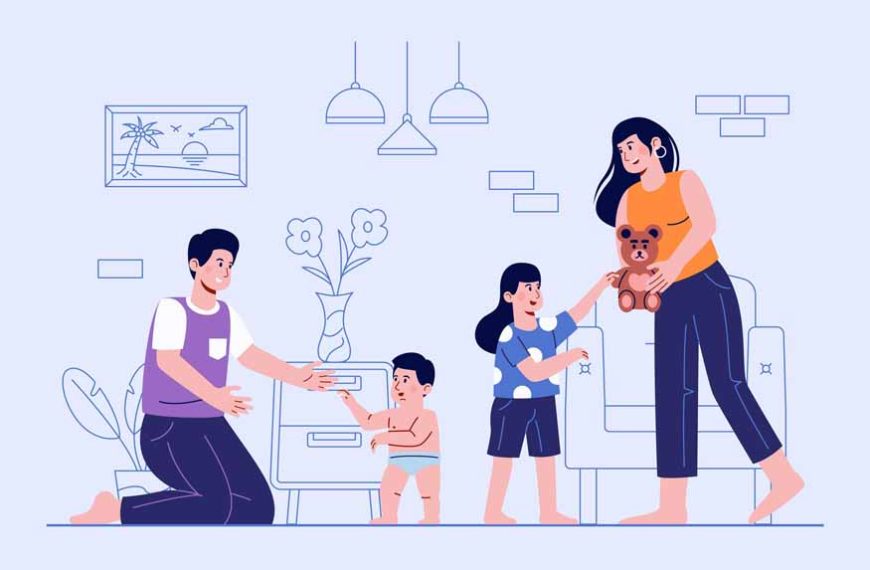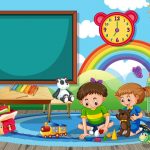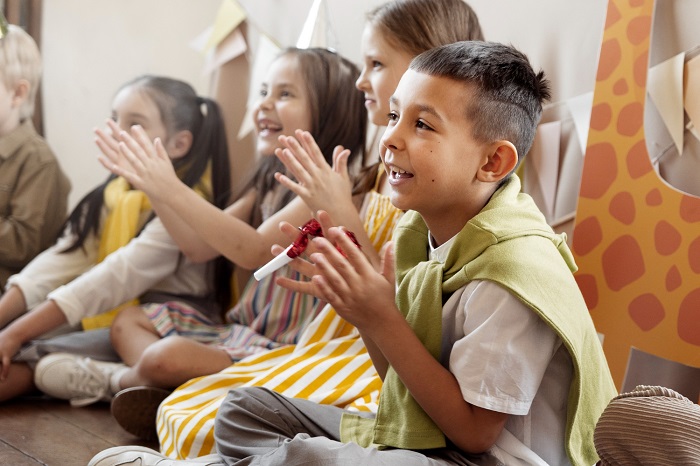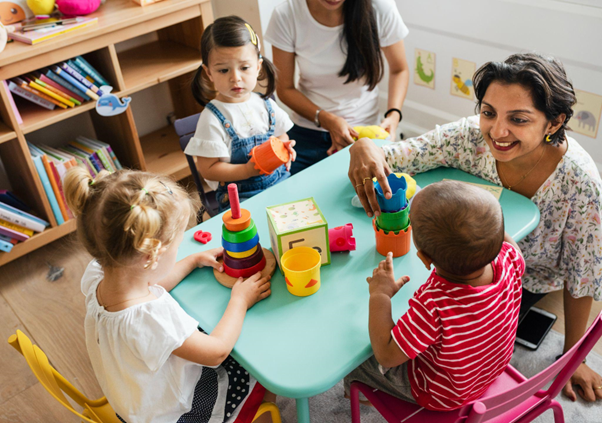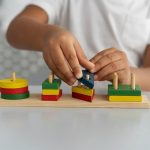Humans are not born knowing how to behave in society. They learn many of their behaviours from their surroundings. Most humans start learning from their homes. Sometimes, humans are taught directly, but more often than not, they learn by observing others.
Since the family is the first social group one interacts with, it has the strongest influence on one’s growth and behaviour. This is why it’s often believed that the impact of family on child development, or simply put, the role of family in child-rearing practices, is huge.In this article, we will be discussing the role of family in child development.
Determining the Role of Family in Child Development
When a child is born into a loving and supportive family, they are more likely to build bonds that are strong, healthy, and nurturing. Here, we analyse the role of family in child development.
- Values
- Emotional Development
- Love and Support from Family Members
- Formation of Secure Attachments
- Emotional Resilience
- Social Development
- Learning Social Skills and Norms
- Communication and Language Development
- Peer Interactions and Friendships
- Cognitive Development
- Intellectual Stimulation
- Imagination and Creativity
- Moral Development
- Values and Morals Taught Within the Family
- Development of Empathy and Compassion
- Understanding Right from Wrong
- Identity Formation
- Family as a Foundation for Personal Identity
- Cultural and Ethnic Identity
- Self-Esteem and Self-Confidence
- Academic Success
- Supportive Environment for Learning
- Educational Opportunities and Resources
- Importance of Parental Involvement
A child is like a sponge, soaking up everything they see and hear around them. Therefore, if you respect certain people or groups, your child will likely develop similar attitudes. On the other hand, if you act disrespectfully toward someone, your child will pick up on that, too. Therefore, the best way to teach good values is to start at an early age. Some may think that young children can’t understand the importance of values, but that’s not true. Kids learn better when they understand the consequences of their actions. Explain to them what might happen if they behave a certain way and the outcomes if they choose differently. This makes it easier for them to grasp the importance of making good choices.
Emotional development is one of the most tender aspects of child development . It is also one behavioural aspect where family plays a more crucial role. Here’s the role family plays in child development, especially emotional development.
The warmth and affection a child receives from family members create a nurturing environment essential for their emotional well-being. Such support fosters feelings of security and worth within a child.
Psychologist John Bowlby’s Attachment Theory underscores that secure attachments to primary caregivers are critical. These attachments form bedrocks from which children venture into the world, experiment, and learn.
A loving family provides children with the padding they need to traverse life’s vicissitudes, allowing them to build emotional resilience. This trait that will help them cope with adversities throughout their lives.
The family is a child’s first social group, meaning much of what a child learns comes from observing their family members. Families that treat one another with love and respect create a positive example for children, helping them develop excellent social skills and a positive outlook on relationships.
Simple activities like sharing meals, watching television together, or spending quality time as a family can greatly contribute to a child’s social development and underscore the importance of family. These interactions help children learn how to communicate, cooperate, and build meaningful connections with others. Let’s understand the impact of family on a child’s social development.
Families serve as society’s microcosm where children learn to interact, share, and empathise—skills that are then projected in wider social contexts.
Verbal exchanges with family members foster language skills and enhance communication abilities—a critical path to expressing oneself and understanding others.
A child’s approach to friendships often mirrors familial relations. A family setting full of positive interactions lays the groundwork for cultivating healthy peer relationships.
A child must develop essential motor, cognitive, emotional, and language skills for their overall growth. Here’s what parents can do to improve their children’s cognitive skills.
Family game nights aren’t just fun; they’re brainiacs in disguise! Engaging with family members through board games, puzzles, or simply solving common tasks together plays a crucial role in child development. It piques your child’s intellectual curiosity and helps develop an inquisitive mindset, paving the way for lifelong learning and exploration.
Imagine blanket forts, stories made from thin air, and masterpieces drawn with finger paints. Families can be nourishing environments for a child’s imagination and creativity. Through imaginative play, artistic expression, or just encouraging a “what if?” attitude, families enable children to think outside the box, building crucial problem-solving and critical thinking abilities that will serve them well throughout their lives.
The moral compass that guides a child through life is calibrated within the family walls. Here’s the role family plays in the moral development of your child:
Indian families are often the primary source of instilling values, imparting lessons from generation to generation about the importance of honesty, integrity, and respect.
Emotional exchanges among family members, such as caring for one another during illnesses, teach children empathy and compassion—traits crucial for societal living.
Through correction and guidance, family units help outline ethical boundaries, helping children discern right from wrong.
Personal identity, both individualistic and in terms of heritage, is deeply influenced by the familial backdrop.
Children often define themselves through the lens of their family’s culture, beliefs, and practices, setting the stage for a well-rounded identity development.
In India, where cultural and ethnic identities are robust, the family proudly hoists the banner of tradition—imparting language, rituals, and customs to children.
A supportive family encourages a child’s gifts and efforts, cultivating a healthy self-image and the confidence needed to face the outside world.
Education, a prime mover of societal progress, is deeply rooted in a family’s contribution to a child’s academic path.
A home environment that values education acts as a catalyst for a child’s academic endeavours, providing a quiet space to study and moral support during crucial periods.
Families that invest in books, technological tools, and extracurricular activities enrich a child’s learning experience, enhancing academic outcomes.
Active parental participation in schooling-related matters, such as parent-teacher meetings and homework, greatly contributes to a child’s academic engagement and success.
Summing Up
In conclusion, raising a child is no easy task. It requires significant effort from parents. While parents play a crucial role in the child’s development, one cannot dismiss the role of family in a child’s development. Parents instil good values and habits, and family members provide a safe and supportive environment where those lessons can take root.
However, it’s important to remember that perfection is not always possible, and it’s okay to make mistakes. What matters the most is recognising those mistakes and taking steps to correct them, especially for parents in a nuclear family because there isn’t any extended family to guide them. If you are navigating parenthood in a nuclear family, don’t miss our blog-Tips for Raising Child in a Nuclear Family, for some effective parenting tips.
Also, explore the EuroKids blog for engaging and informative articles on your child’s development, health, and early learning milestones. Be sure to check out EuroKids Preschools, where your little one can embark on a joyful and enriching learning adventure with the perfect start!





